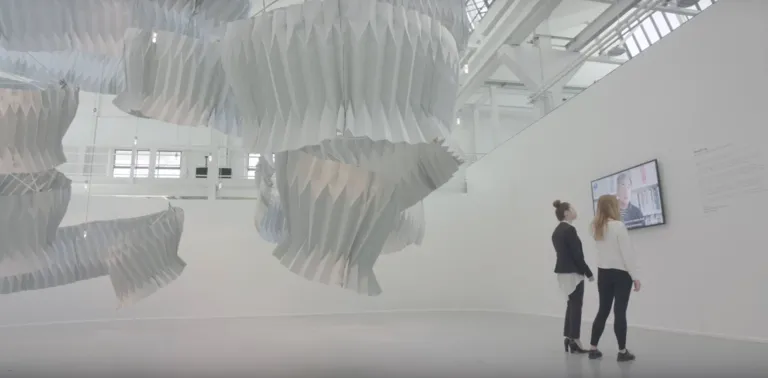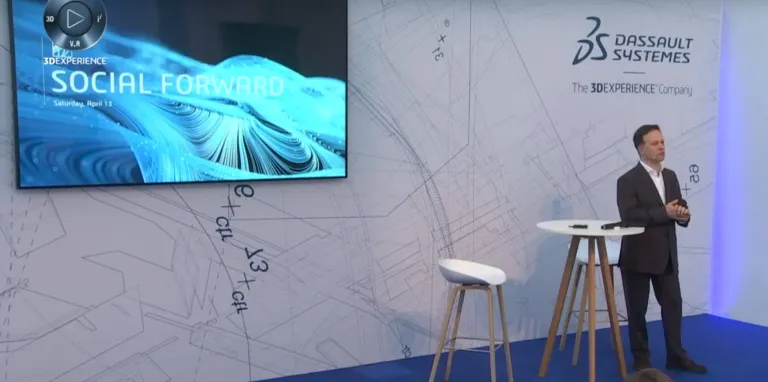Sustainable & Circular Design
How can businesses & designers define the most sustainable propositions?
What role can science play to enable sustainable design?
How can sustainability be part of the early stages of design & development?
The way to regeneration
We have reached a moment in human history where we must design for sustainability and positive impact on society — and ultimately, on our planet.
This requires solutions and processes to enable the right decisions, from material sourcing to human practices and behavior changes: a shift from generation to regeneration.
Design for High Sustainable Impact
Design is definitively a powerful means for sustainability.
From sourcing material to fostering circular design in usage of goods and services.
From assembly to disassembly, reuse/repurpose/ recycling.
From generative design to simulation in conception, both leading to reduction in the quantity of materials used.
From creating a Virtual Twin for any product or service to simulating the holistic experience before development.
As an exemple, Kengo Kuma and Daan Roosegaarde in association with Dassault Systèmes are among the architects and designers presenting proposals to tackle air pollution.
Design Framework
Multiple frameworks have been developed for sustainability considerations to be part of the design and innovation process.
We’ve all heard of The Circular Design Guide (a collaboration between IDEO & The Ellen MacArthur Foundation), The Okala Practitioner, The Doughnut of Social & Planetary Boundaries by Kate Raworth.
Dassault Systèmes is committed to facilitating innovative design & development practices to usher a more sustainable era.
Annamaria Franz discuss how CATAS, the Italian test laboratory for furniture, offers design analysis and sustainability assessment services through Dassault Systèmes solutions. Watch the video!
From Lifecycle to the circle of life
Designing the mobility of the future means adopting a sustainable approach that takes into account the whole product lifecycle.
Inventing a desirable future for cities
Observing nature can be a source of inspiration. We can even think of nature as a giant laboratory, studying its strategies to adapt to disruption.
We are where materials take new forms
The experience economy is a new approach to seeing the world, learning, designing, inventing, producing and doing business.


